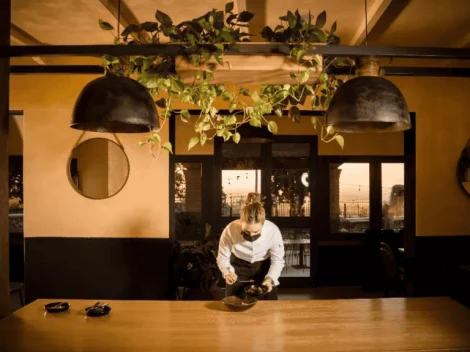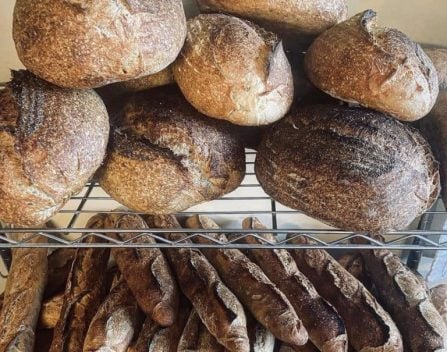We don't know if Hirayama is a happy man. In fact, we know almost nothing about him except for all the details of his daily life. The protagonist of Perfect Days, Wim Wenders' film, presented at the Cannes Film Festival and nominated for the Best Foreign Language Film at the 2024 Oscars, is a man dedicated to ritual. Every morning, he rises before sunrise without needing an alarm, folds his futon, trims his mustache and beard, waters the plants, dons the Tokyo Toilet uniform, grabs a canned coffee, and drives to work in his van. His job, a humble one as a public restroom cleaner in the city, is one towards which he shows all the dedication of someone who loves what he does above all else. At the precise moment when dawn explodes in the sky, Hirayama (masterfully portrayed by Koji Yakuso) unleashes strictly American music recorded on cassette tapes: The Animals, Patti Smith, Van Morrison, Nina Simone, and, of course, Lou Reed (his "Perfect Days" gives the film its title).
The custom of drinking canned coffee
In the almost maniacal repetitiveness of his actions, it goes without saying that the ritual of meals is also included. Always the same, always in the same places, and with the same cadence. In this poetry of everyday life, there's a small foray into Japanese gastronomic culture. It starts in the morning with canned coffee, taken directly from the vending machine in front of his house. A small gesture that shows us a very widespread trend: there are thousands of automatic canned beverage vending machines scattered in every corner of the Land of the Rising Sun. After all, the world's first canned coffee is a Japanese invention dating back to 1969, sold by UCC Ueshima Coffee Co in hot or cold versions.
The reassuring sequence of meals: shochu, yakisoba, and banshaku
For lunch, the menu includes sandwiches (another American influence, along with the music) consumed on a park bench while Hirayama tries to capture the light filtering through the trees with his analog camera, following the principle of komorebi (spoiler: don't get up during the closing credits to grasp the concept, if not the entire meaning of the film).
After finishing work, the owner of a Japanese fast-food joint welcomes him every evening with the same courtesy formula – "To your health after a tiring day" – a smile, and a glass of shochu (rice distillate) with soda and ice. Then he serves him yakisoba, Japanese-style noodles steamed and then pan-fried with cabbage, pork, and nori seaweed. And the next day, it all starts again with the same reassuring order: coffee-sandwich-shochu-yakisoba, in a sequence that almost invites the voyeur-spectator to anticipate the actions in their own memory.
Until Sunday arrives, a day of rest when every action changes. Starting with the dining place: no more fast food, but a restaurant where everything is slower, and one can even stop to listen to the owner sing. Here, in Mama's restaurant, dinner consists of potato salad, onions, and ham with mayonnaise. A kind of banshaku that usually accompanies alcohol. "Ban," in fact, stands for evening, while shaku literally means "drinking at home with an evening meal." In practice, a substitute for dinner. A small diversion before starting the week and the routine again.
Food as ritual
If you know how to look, however, Hirayama's routine is also full of nuances and small "incidents" along the way that modify the perfection of the sequence and make each day different from the other: one extra shift, an impromptu dinner at home, the arrival of a long-lost niece, a visit to a used record store, a game of tic-tac-toe with an invisible opponent, or an evening chasing his own shadow with a stranger. A variation of the oriental concept of wabi-sabi: the imperfect beauty of things.
Perfect Days is a story without a plot, a film by subtraction, a poem with few words. At first glance, food may not seem predominant, but in this whispered daily life, it is one of those elements that, with its repetitiveness, ends up giving rhythm to the narrative. After all, isn't food the one that marks the daily routine for each of us in a ritual that repeats day after day and brings us back to that "here and now" so dear to the protagonist?
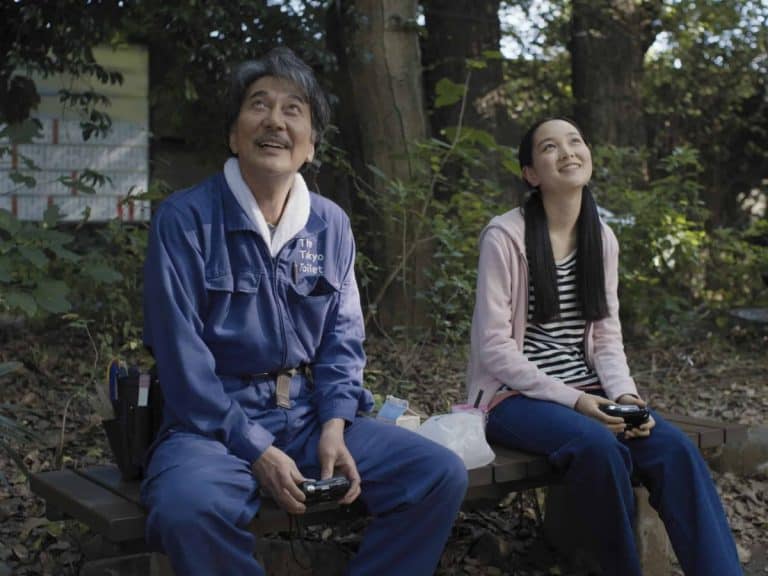
 One of the finest coffee shops in Southern Italy closes: it had brought specialty coffee to Pompeii
One of the finest coffee shops in Southern Italy closes: it had brought specialty coffee to Pompeii The Barbera d'Asti and Monferrato Wines Consortium: Guardian of UNESCO's oenological heritage
The Barbera d'Asti and Monferrato Wines Consortium: Guardian of UNESCO's oenological heritage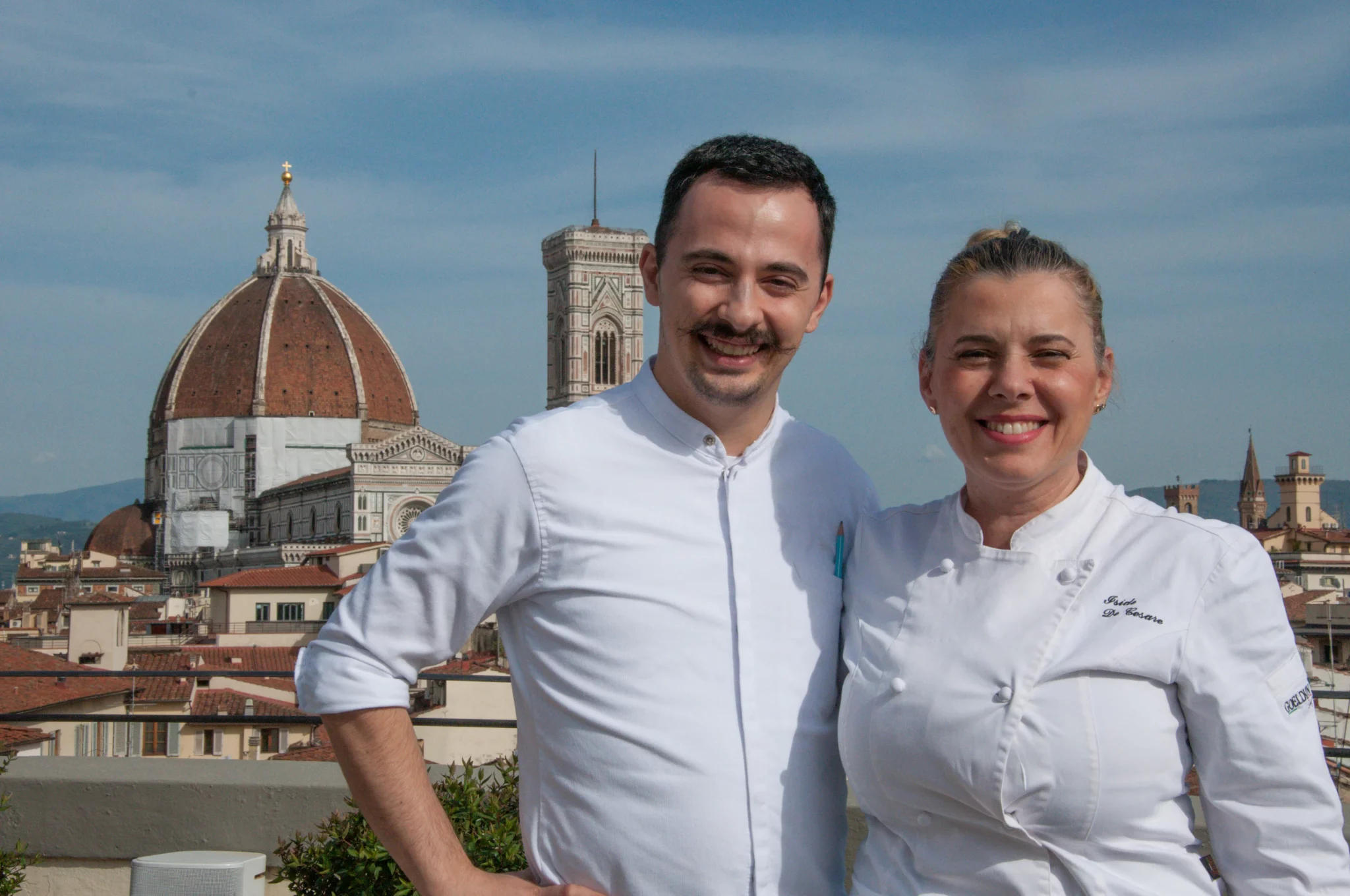 The chef who brought the Michelin star to a remote village in Tuscia opens a restaurant in the center of Florence
The chef who brought the Michelin star to a remote village in Tuscia opens a restaurant in the center of Florence The 7 best Biancolella wines from Lazio and Campania chosen by Gambero Rosso
The 7 best Biancolella wines from Lazio and Campania chosen by Gambero Rosso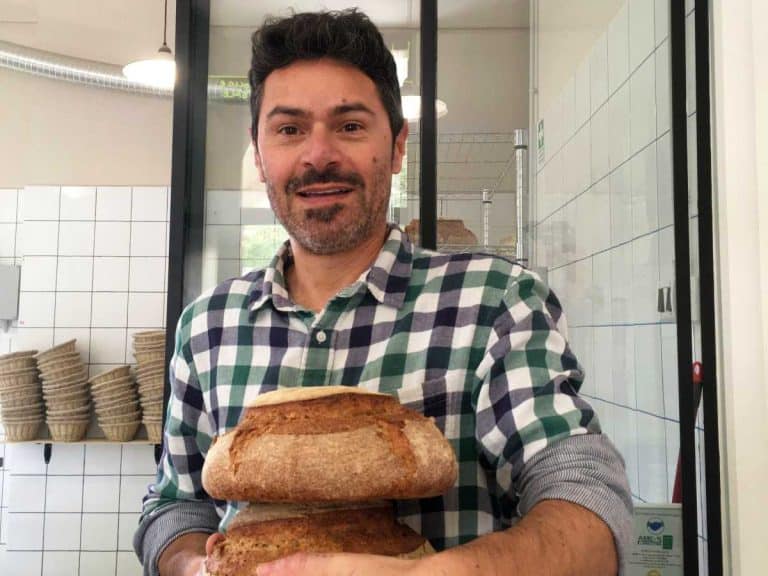 From California to the Camino de Santiago. The journey of the courageous baker who returned to open a bakery in a remote village
From California to the Camino de Santiago. The journey of the courageous baker who returned to open a bakery in a remote village
